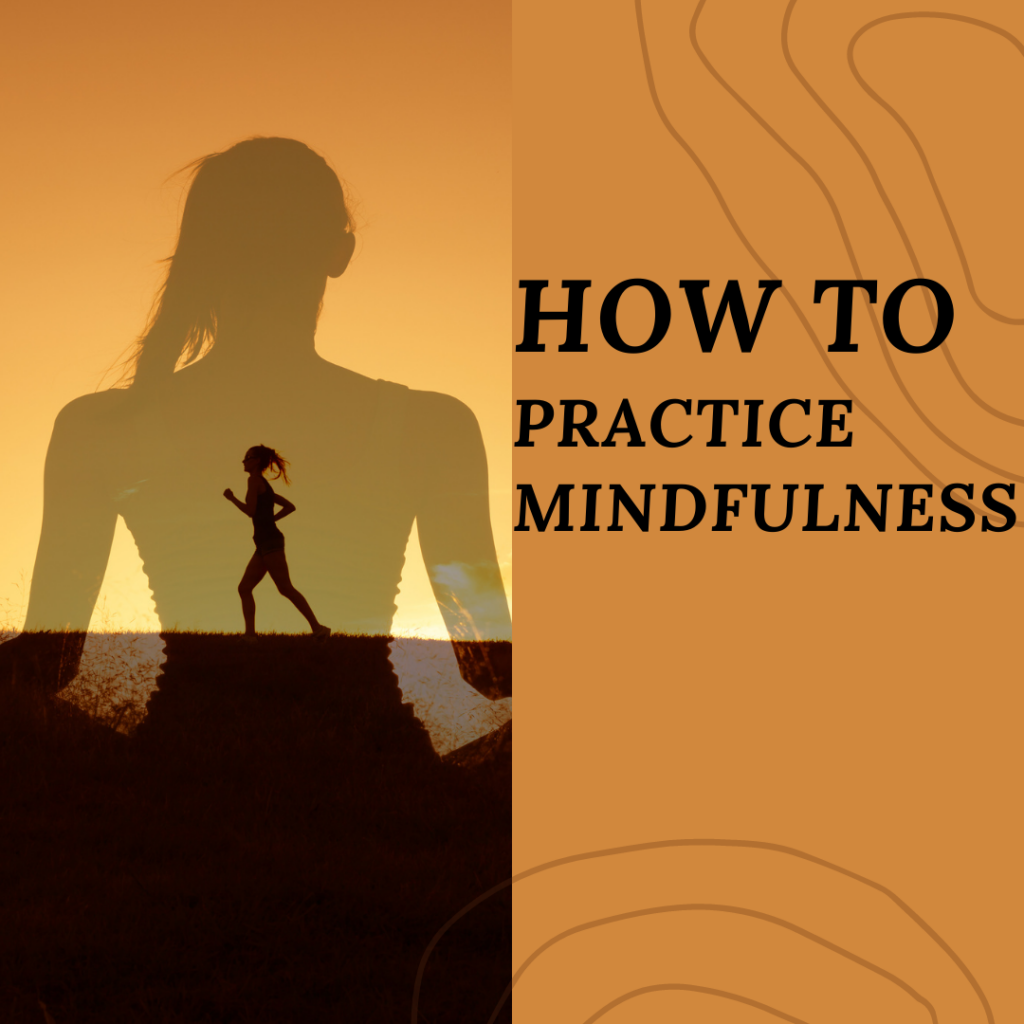How to Practice Mindfulness
go.ncsu.edu/readext?846702
en Español / em Português
El inglés es el idioma de control de esta página. En la medida en que haya algún conflicto entre la traducción al inglés y la traducción, el inglés prevalece.
Al hacer clic en el enlace de traducción se activa un servicio de traducción gratuito para convertir la página al español. Al igual que con cualquier traducción por Internet, la conversión no es sensible al contexto y puede que no traduzca el texto en su significado original. NC State Extension no garantiza la exactitud del texto traducido. Por favor, tenga en cuenta que algunas aplicaciones y/o servicios pueden no funcionar como se espera cuando se traducen.
Português
Inglês é o idioma de controle desta página. Na medida que haja algum conflito entre o texto original em Inglês e a tradução, o Inglês prevalece.
Ao clicar no link de tradução, um serviço gratuito de tradução será ativado para converter a página para o Português. Como em qualquer tradução pela internet, a conversão não é sensivel ao contexto e pode não ocorrer a tradução para o significado orginal. O serviço de Extensão da Carolina do Norte (NC State Extension) não garante a exatidão do texto traduzido. Por favor, observe que algumas funções ou serviços podem não funcionar como esperado após a tradução.
English
English is the controlling language of this page. To the extent there is any conflict between the English text and the translation, English controls.
Clicking on the translation link activates a free translation service to convert the page to Spanish. As with any Internet translation, the conversion is not context-sensitive and may not translate the text to its original meaning. NC State Extension does not guarantee the accuracy of the translated text. Please note that some applications and/or services may not function as expected when translated.
Collapse ▲ According to 4-H research, 45% of teens have dealt with excessive stress, and 64% fear that the stress of living through COVID-19 will have long-term implications for their mental health,” 4-H.org wrote. While stress is a regular part of life, it can be difficult to cope with. Therefore, in honor of National Heart Month, Union County 4-H will provide you with some information about mindfulness and examples of how to be more mindful about your body and its stress.
According to 4-H research, 45% of teens have dealt with excessive stress, and 64% fear that the stress of living through COVID-19 will have long-term implications for their mental health,” 4-H.org wrote. While stress is a regular part of life, it can be difficult to cope with. Therefore, in honor of National Heart Month, Union County 4-H will provide you with some information about mindfulness and examples of how to be more mindful about your body and its stress.
Mindfulness is “the awareness that emerges through paying attention on purpose, in the present moment, and non-judgmentally to the unfolding of experience moment by moment.” – Jon Kabat Zinn (2003). Mindfulness, according to Mindful Mechanics, a curriculum created by University of California’s 4-H Program, is categorized in four different areas:
- Noticing/Awareness: being aware of yourself and what is around you. Exploring the world with all of your senses.
- Openness/Curiosity: being open to new experiences.
- Non-Judgment: experiencing life without thinking about it being good or bad.
- Acceptance: being content with the present moment.
Here are three examples of mindfulness:
- Body scans: paying attention to each part of your body and how it feels. First focusing on your head, noticing how it feels. Then, shoulders, knees, toes, and so on.
- Breathing exercises: monitoring breathing to focus and connect the mind and body. Imagine the lungs are a balloon, for each breath in pretend you are blowing up a balloon and then releasing it with each breath out.
- Walking meditation: taking slow, thoughtful steps to focus on connecting your movement and breath, as well as to the environment around you.
If you are interested in learning more about mindfulness, visit National 4-H at 4-h.org and if you know of a teenager who could benefit from mindfulness, contact the local 4-H office at 704.283.3735 or 704.283.3740.




